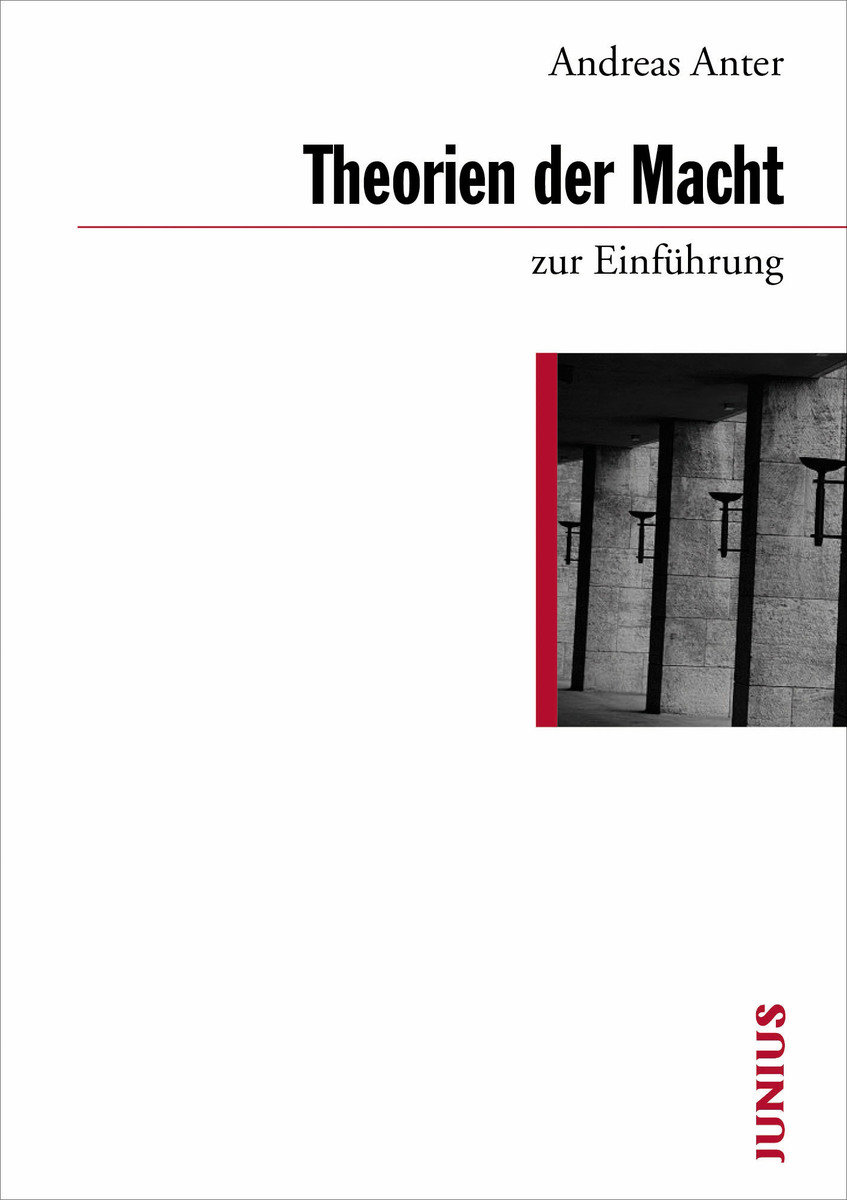Die Frage, warum Menschen sich anderen Menschen unterordnen, ist eine der ältesten Fragen der politischen Theorie und gehört bis heute zu ihren grundlegenden Themen - menschliches Handeln scheint unausweichlich durch Machtbeziehungen geprägt. Gestellt wird die Frage nach der Macht in den Sozialwissenschaften aufdenkbar verschiedene Weise: Was ist Macht überhaupt? Hat sie mit der menschlichen Natur zu tun? In welchen Formen tritt die Macht in Erscheinung? Welche Rolle spielt sie in der Politik? Würde Politik ohne Macht überhaupt funktionieren? Ist Machtausübung immer repressiv? Wie wird Macht im modernen Staat kontrolliert? Diese Fragen behandelt der Einführungsband insbesondere anhand der Konzepte von wichtigen modernen Theoretikern der Macht: Max Weber, Hannah Arendt, Niklas Luhmann und Heinrich Popitz.



